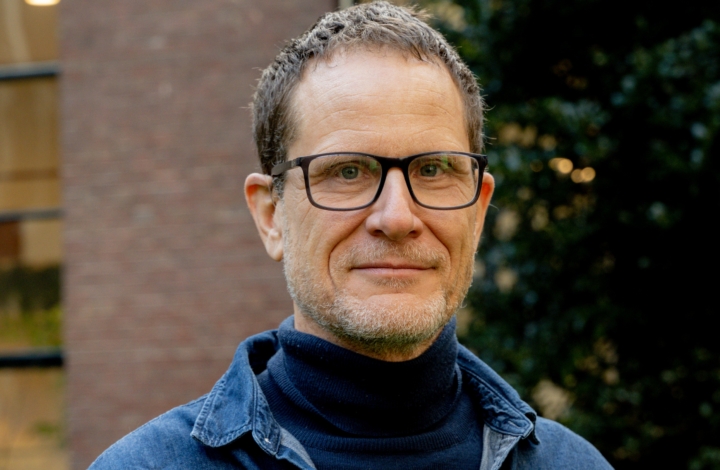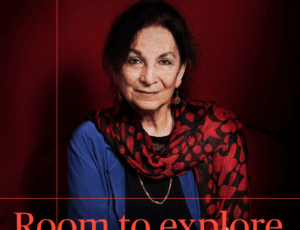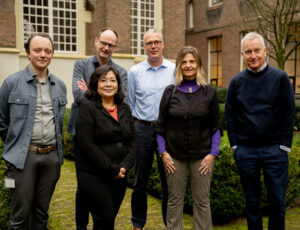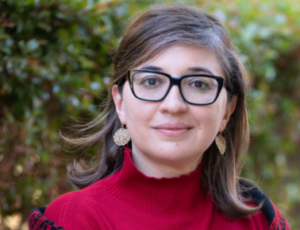
Religion, Populism, and the Fragmentation of the Sacred
An Interview with Philip S. Gorski
8 July 2025Philip S. Gorski, Professor of Sociology at Yale University and 2024–2025 NIAS Fellow, discusses the radicalisation of American populism, the rise of a “spiritual right,” and the institutional differences that set U.S. and European trajectories apart. In this in-depth interview, he traces the development of his academic work—from early research on Protestantism and nationalism in the Dutch Republic to current projects on civil religion and political mythmaking.
Gorski argues that the American right has evolved beyond traditional religious conservatism. Alongside white evangelicals and conservative Catholics, he identifies a growing alliance that includes Pentecostals, libertarians, tech entrepreneurs, and online communities—united less by doctrine than by an aesthetic and metaphysical worldview centred on power, identity, and cultural conflict.
Drawing comparisons between U.S. and European populism, Gorski highlights structural contrasts in electoral systems and constitutional design. While populist parties in Europe typically depend on coalition-building, the American system has allowed a well-organised minority to consolidate disproportionate power. Religion plays a different role as well: in the U.S., churchgoing Christians are core supporters of the populist right, whereas in Western Europe, religious leaders often distance themselves from such movements.
Gorski also previews his forthcoming book, The Fragmentation of the Sacred: An Alternative Narrative of Western Modernity, which challenges standard secularisation theories. He argues that rather than becoming disenchanted, contemporary Western culture has generated new forms of sacrality—from wellness culture and nationalism to political myth and celebrity.
Reflecting on his time at NIAS and in Amsterdam, Gorski notes how interdisciplinary exchange and a change of academic environment have informed his current thinking.



